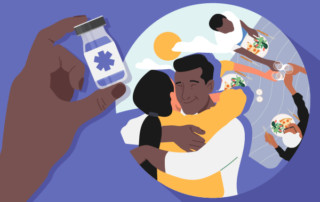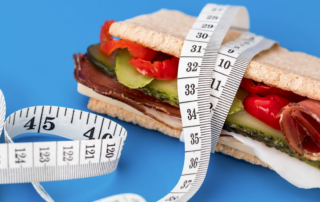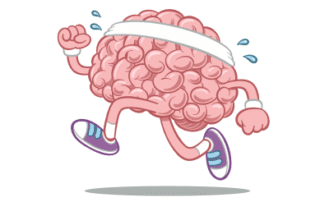Can Behavioural Insights Help Us Improve Our Relationship With Ourselves?
While it’s true that self-confidence partially comes from the feeling that the people around us approve of us (something we can’t control), what we can control is how much emphasis we place on others’ opinions. Several of the thoughts that undermine - if not entirely diminish - our self-confidence come from systematic errors in judgement. Despite being commonly applied to economic decision-making, behavioural insights may explain how we, at times harshly and irrationally, judge ourselves.










